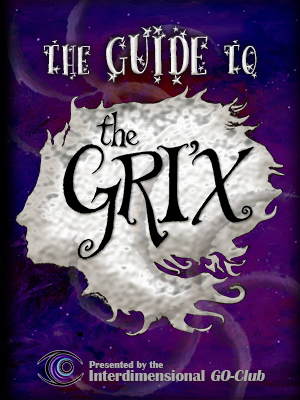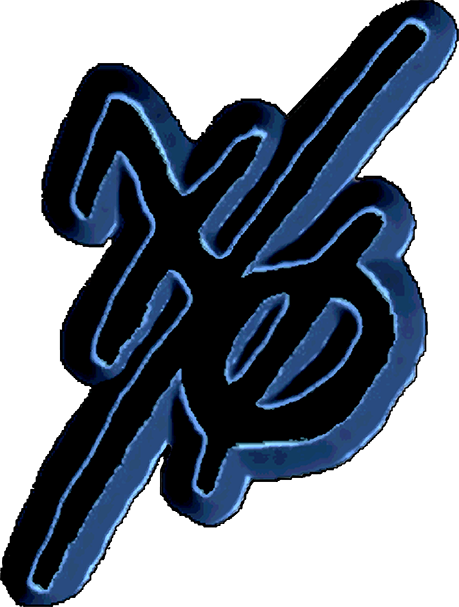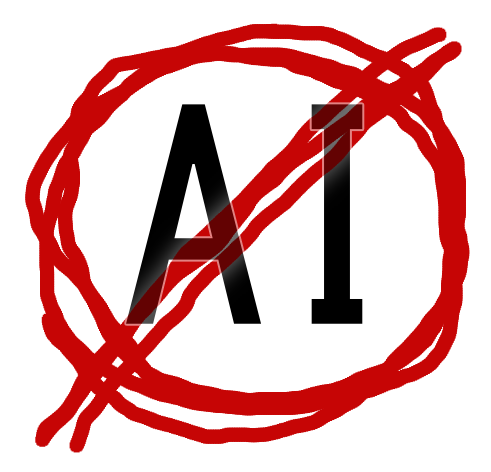Coin
The importance of symbolism in dreams and art notwithstanding, the Gri’xian economy is based on the immediate subjective value of goods and services. Most commerce is conducted with private trade and barter agreements rather than money, and the price of any commodity depends on how badly the customer wants it and what the provider will accept in return.
Not every transaction is so cut-and-dried, though. Sometimes the customer doesn’t have an acceptable trade at the moment, or the provider may decide that an as-yet-undefined debt would more value than an immediate payment. In cases like this, the customer may offer—or be asked—to forge a Coin.
A Gri’xian Coin is like an IOU—but with a nasty twist.
While each Coin is first manufactured individually by the person intending to spend it, for the purchase on which it is to be spent, it can later be re-used by anyone). Any normal object can be made into a Coin, though disks of metal or wood are preferred. No special ritual or magical powers are required; the nature of Gri’xian reality itself grants anyone the ability to do so, and the process is dangerously simple: to forge your own Coin, you must simply touch an item to be imbued, focus your will, and declare your intent to relinquish a portion of your spiritual essence to it. That piece of you becomes locked into that Coin, and whoever holds it can summon you (via a personal portal generated by your connection to the Coin) to request repayment at any time.
In order to retrieve your essence from the Coin, you must provide goods and/or services of equal worth when summoned. When this is done, the Coin’s holder returns it to you, and you may elect to re-absorb the energy or leave it in the Coin to trade again.
The nature of the purchase for which a Coin was initially forged has no bearing on what it must actually be used (or re-used) for from that point forward, and those who hold others’ Coins are under no obligation to keep them until they want to call in the debt—in fact, many use others’ Coins as barter in their own transactions. (These can command a high price, depending on the person whose essence they carry.) Anyone holding someone’s Coin is able to call the one who forged it and demand payment for its return.
If the creator of the Coin refuses to provide the services or goods demanded by the bearer, the bearer may then choose to absorb the Coin’s energy into their own essence. Unless other arrangements are made, the original creator’s soul is never quite complete again, and if one has too many Coins circulating, they run the risk of significant existential depletion. In general, one’s mental powers are the first to go, while their physical abilities linger until the end.
There are options, though: certain clerics of the Spriory offer risky and complicated rituals, during which the afflicted receives a token of raw Omnulic energy. This requires attunement with the individual’s unique frequency, and they may not be able to replace any specific powers, memories, or abilities that were lost.
The idea of Coins containing pieces of actual souls has inspired many a coffee-shop philosopher; the most notable of which being the late Reverend Pollitori, former leader of The Spent, a religious cult which believes that all of existence is nothing more than the Omnul’s personal coin. The question then becomes: "Just where is God spending His/Her/Its/Their money?"
The values of most Coins in circulation usually conform to these probabilities:
01-05%: Counterfeit
06-30%: Trivial task
31-65%: Minor task
66-95%: Major task
96-00%: Singularly Significant task
06-30%: Trivial task
31-65%: Minor task
66-95%: Major task
96-00%: Singularly Significant task
There are many appraisers and diviners in the Gri’x and elsewhere who can—or so they claim—identify a Coin’s creator and its approximate value. Most people go to the First Bank of Symbolencie, though, as its founder, Alfred Thumbolt, is famous for his insistence on integrity, honesty, and security in all transactions.
Item type
Currency & Deeds




Comments